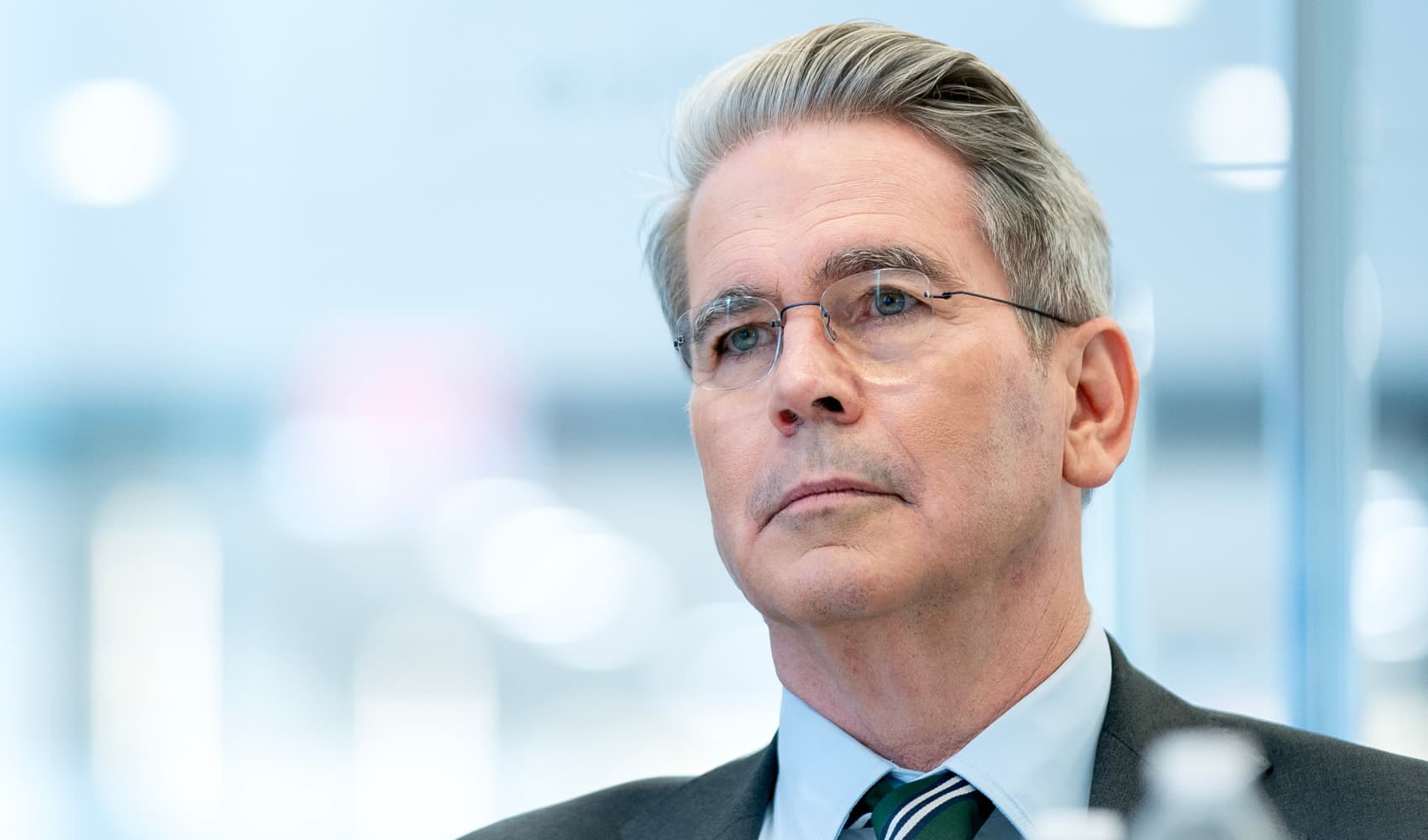Joaquin Phoenix has been widely praised for his transformative portrayal of the man who becomes the Joker in the new film hitting theaters this Thursday. Although he doesn't like to talk about awards, many believe this could be the year that the three-time nominee finally wins an Oscar.
The 44-year-old "Joker" star spoke to The Associated Press about his process, why he doesn't necessarily want to give a playbook for how he did it and the time he worried Robert De Niro was going to throw an ash tray at his head.
___
On feeling insecure about his methods:
"Some of it just feels personal. I don't know. Maybe I also get insecure and I go like,'He shouldn't be reading that. That's a stupid thing to read. Who would study that?' I'm afraid that I might say something that there'll be some other great actor that I admire that was like, 'This guy doesn't know what he's doing. That's a terrible idea. Why would you ever study that?'"
On the 52-pound weight loss:
"Once you reach the target weight, everything changes. Like so much of what's difficult is waking up every day and being obsessed over like 0.3 pounds. Right? And you really develop like a disorder. I mean, it's wild. But I think the interesting thing for me is what I had expected and anticipated with the weight loss was these feelings of dissatisfaction, hunger, a certain kind of vulnerability and a weakness. But what I didn't anticipate was this feeling of kind of fluidity that I felt physically. I felt like I could move my body in ways that I hadn't been able to before. And I think that really lent itself to some of the physical movement that started to emerge as an important part of the character."
U.S. & World
News from around the country and around the globe
On finding Joker's dance moves:
"I think what influenced me the most was Ray Bolger...There was a particular song called 'The Old Soft Shoe' that he performed and I saw a video of it and there's this odd arrogance almost to his movements and, really, I completely just stole it from him. He does this thing of turning his chin up. This choreographer Michael Arnold showed me that and tons of videos and I zeroed in on that one. That was Joker, right? There's an arrogance to him, really. That was probably the greatest influence. But also disco."
On the upsides of experimenting:
"There seemed to be an infinite number of ways to interpret every moment or how he might behave in any moment. And there wasn't anything that didn't make sense. So we would do scenes so many different ways and some I would cry and others I would make jokes and others I would be angry and it would be the same scene and they all (expletive) made sense and that's so rare. There's something really exciting about that because it keeps you in this state of like perpetual investigation and trying to find something new. And I think (director and co-writer) Todd (Phillips) and I were always working to try to surprise each other with some idea. There was never a moment that I felt completely relaxed. I was always searching for something else. And there's something very exciting about that. It's so much fun acting in that way. Often times it's the opposite."
And the downsides:
"For the first time in probably 25 years I watched dailies. So Todd and I would talk about which takes we thought worked. But my favorite scene, what both of us thought was my best scene because of a particular take, that scene is not in the movie. It's a cliche, but it's a puzzle. So you take out this scene and it affects the following scene. So a take that might have been really great no longer works. The best take for the end of his rant on Murray Franklin (Robert De Niro's talk show host) just didn't work. It was a really good take just on its own but cut in with everything else it just didn't work. An earlier take, one that I didn't think was very good, was the one that worked best."
On sassing off to De Niro's character:
"It was one of my favorite parts, saying 'Murr-AY.' ... Todd loved that too. And when I did that I thought: Is De Niro just going to throw an ash tray at me?"



